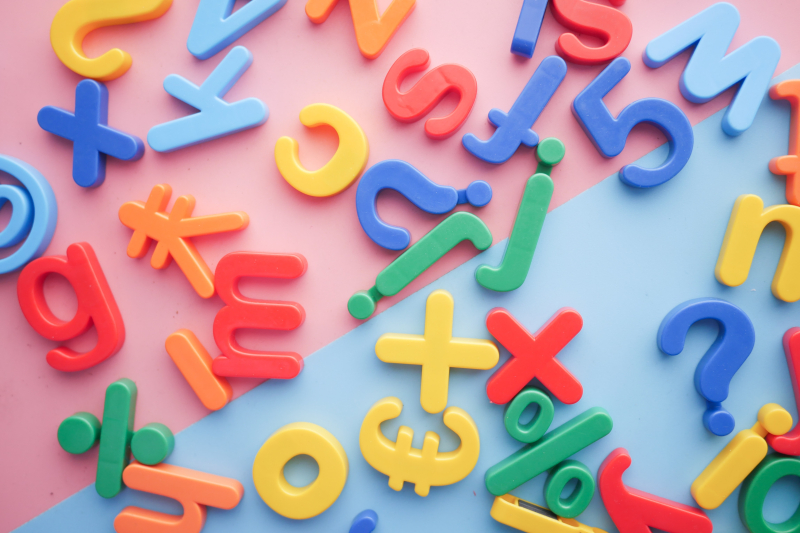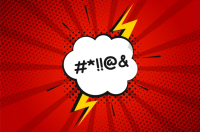The first word – or I’d even say a concept – is “дурак” (durak), a fool. Simple as it is (I guess you’ll find a word for a fool in every language), this word is quite special; at the very least, the most popular character of Russian fairy tales is called Иван Дурак - Ivan the Fool. So, what is it that makes the Russian fool so special?
To begin with, дурак isn’t much of an offense, or rather it is while you’re still a kid and stops being one once you grow up a little and learn that there are much stronger expressions. Nevertheless, you continue to use it, but its meanings change: for example, you can say “Вот дурак!” (literally “What a fool!”) when someone does something rash, stupid, but sort of awe-inspiring.
Дурак’s derivatives can mean lots of various things; still, most are similar to what you’d see in English, like “дурачиться” - to fool around, “дурачок” - a little fool, “дурацкий” - stupid and foolish. Then again, Russian word formation can be very tricky: just try the word “придурковатый”: an adjective for someone who’s “seemingly a crackpot but not quite”, - although this is a topic that deserves an article of its own.
Mind that there’s a feminine counterpart for дурак, “дура” (dura), which is slightly different. To begin with, it’s more offensive, so you should think twice before using it. However, there’s another use of this word, which I quite like and find rather curious: you can say “дура” to describe something big, heavy, cool, and maybe potentially dangerous, like a really big piece of machinery or, say, a missile.
Another word that I’ve picked for today is “чёрт” (chort), which loosely translates as “devil”. Why loosely? Well, you see, the accurate Russian translation for devil is “дьявол”, and you’ll also find one for demon, imp, and almost any other kind of hellspawn that Christian mythology has. Still, чёрт won’t be among these words, although it definitely means devil, and sometimes the Devil - but in very homely and Russian way.
In terms of swears, the word “чёрт” serves as a basis for a great many expressions, - and once again, the meanings vary. Let’s see:
Simply crying out “черт!” can be used to express anger, excitement, or any other strong emotion when something unexpected happens. In this sense, чёрт is used much like the English f-word, but unlike it or similar mat words, it’s safe and socially acceptable, maybe unless you’re talking to very tradition-bound Christians.
“Черт побери!” (chort poberi, something like “let the devil have that”) is similar to English “goddammit” and is used to draw additional attention to whatever you’re saying.
“Чертовски” (chertovsky) means really or excessively, like in “чертовски хорошo” (chertovsky horosho, damn good) or “чертовски больно” (chertovsky bolno, really painful).
“К черту!” accurately translates as “to hell with it”, and “какого черта?” - as “what the hell?”.
Finally, “чертыхаться” (chertyhatsa) means to swear, especially using any swear that has “черт” in it.
There’s also quite a few more specific expressions, like for example “гонять чертей”, or “у черта на рогах” - try asking your Russian peers about those. As I’ve said, this kind of swears are absolutely safe to use, so feel free to inquire and experiment!




